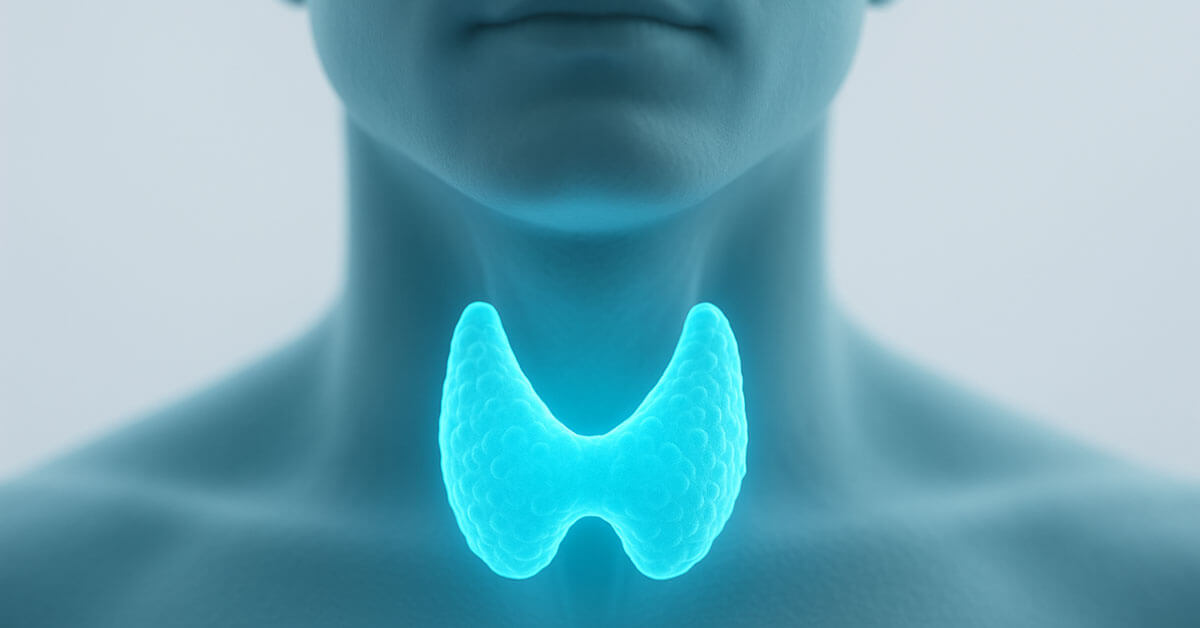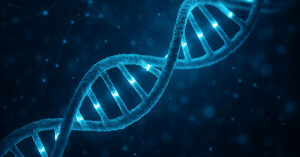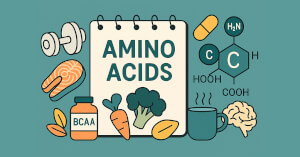
Iodine for the Thyroid: How Much Do You Actually Need?

Iodine is a trace mineral that your body cannot make on its own. Even though you only need tiny amounts, it plays a huge role in keeping your thyroid healthy. The thyroid gland, a butterfly-shaped organ at the base of your neck, uses iodine to produce two important hormones: T3 (triiodothyronine) and T4 (thyroxine). These hormones regulate your metabolism, energy, and even your body temperature.
Without enough iodine, the thyroid cannot make these hormones properly. On the other hand, too much iodine can also throw the thyroid off balance. So how much do you really need? Let’s break it down in simple terms.
Why Iodine Matters for the Thyroid
Iodine is like the raw material your thyroid needs to build hormones. If your intake is too low, the thyroid has to work harder, which can lead to swelling known as a goiter.
Symptoms of iodine deficiency can include fatigue, dry skin, weight gain, and feeling colder than usual.
On the flip side, very high intakes of iodine can actually irritate the thyroid and sometimes trigger conditions like Hashimoto’s thyroiditis or hyperthyroidism. Balance is key.
How Much Iodine Do You Actually Need?
Health organizations such as the World Health Organization (WHO) and the National Institutes of Health (NIH) recommend :
- Around 150 micrograms (µg) per day for most adults.
- Pregnant women need more, about 220 to 250 µg daily, because iodine supports the baby’s brain and nervous system development.
- For breastfeeding women, the target is about 250 to 290 µg per day.
The upper safe limit for adults is around 1,100 µg per day. Going far above this regularly may put you at risk of thyroid dysfunction.
Signs of Too Little Iodine
When the body does not get enough iodine, the thyroid cannot produce enough hormones. This condition is called hypothyroidism. Common symptoms include:
- Unexplained fatigue
- Weight gain despite no major change in diet
- Dry skin and brittle hair
- Feeling unusually cold
- Swelling in the neck due to an enlarged thyroid (goiter)
In children, iodine deficiency can cause growth delays and cognitive problems if left untreated.
What Happens with Too Much Iodine?
While deficiency is harmful, so is excess. Very high iodine intake can irritate the thyroid and disrupt normal hormone production. This sometimes leads to hyperthyroidism, where the thyroid becomes overactive.
Symptoms may include:
- Weight loss
- Anxiety
- Rapid heartbeat
- Trouble sleeping
Excess iodine is often linked to overuse of supplements, especially Kelp, or eating large amounts of seaweed like kombu on a regular basis.
Best Food Sources of Iodine
The easiest way to get iodine is through iodized salt, which is table salt with iodine added. Other natural sources include:
- Seafood such as cod, tuna, and shrimp
- Seaweed (kelp, nori, wakame, kombu)
- Dairy products like milk and yogurt
- Eggs
Most people in developed countries get enough iodine through these foods, but deficiency can still occur in areas where iodized salt is not commonly used.
Should You Take an Iodine Supplement?
For most healthy adults, supplements are not needed if the diet already provides enough iodine. However, supplements may be helpful in special cases, such as confirmed deficiency or during pregnancy when needs are higher. Always check with a healthcare provider before taking iodine pills, since too much can be just as harmful as too little.
✔️ Typical Dosage Range: Adults: about 150 µg daily. Pregnant women: 220–250 µg. Breastfeeding: up to 290 µg. The safe upper limit is 1,100 µg daily. Avoid high-dose kelp supplements unless prescribed.
The Bottom Line
Iodine is essential for thyroid health, but it is all about balance. Too little can cause hypothyroidism and goiter, while too much can trigger thyroid problems in the other direction. The best approach is to rely on natural food sources and use supplements only when recommended by a healthcare professional.
If you suspect a thyroid issue, talk to your doctor and consider getting your iodine status checked before making big changes to your diet or supplement routine.
FAQ: Iodine and Thyroid Health
How much iodine do adults need per day?
Most adults need about 150 micrograms per day. Needs are higher in pregnancy and breastfeeding.
Can too much iodine harm the thyroid?
Yes. Very high intakes can trigger thyroid dysfunction or autoimmunity. Stay below about 1,100 micrograms per day unless advised by a doctor.
What are the best food sources of iodine?
Iodized salt, seafood, seaweed, dairy, and eggs are reliable sources for most people.
Is seaweed a safe way to get iodine?
Seaweed can be very high in iodine. Occasional nori is usually fine, but large or frequent amounts of kelp or kombu can exceed safe limits.
Should I take an iodine supplement for hypothyroidism?
Not automatically. Many people already get enough iodine. Ask your doctor to assess deficiency before supplementing.
Can iodine help with Hashimoto’s thyroiditis?
Excess iodine may worsen some autoimmune thyroid conditions. Work with a clinician to individualize intake.
Do I need iodized salt if I eat seafood?
Maybe not. If you regularly eat seafood and dairy, you might meet your needs without iodized salt. Check overall intake.
Is iodine safe during pregnancy?
Yes, and needs are higher in pregnancy. Many prenatal vitamins include iodine. Do not exceed safe limits without medical advice.
How do I know if I am iodine deficient?
A clinician can evaluate dietary intake and order appropriate tests. Do not self-diagnose based on symptoms alone.
Can kelp tablets replace iodized salt?
Kelp tablets vary widely in iodine content. They can easily overshoot needs. Use with caution and medical guidance.
Does cooking affect iodine in foods?
Some loss can occur, and iodine in iodized salt can dissipate with long storage or high heat. Add iodized salt near the end of cooking.
Can iodine interact with thyroid medications?
Very high iodine intake can affect thyroid function and medication needs. Keep your intake consistent and tell your doctor about supplements.
This article was originally published on Stackbb, your trusted source for science-based supplement guides.







